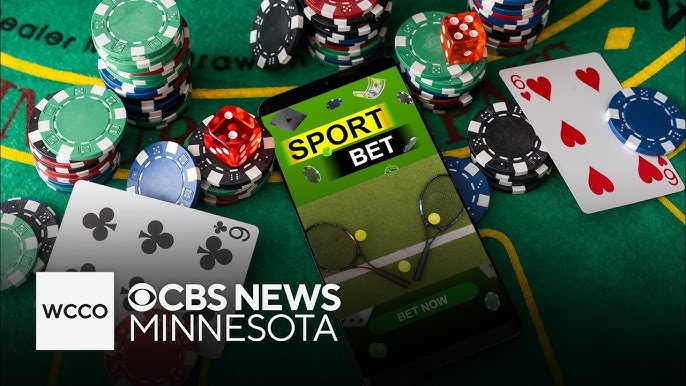Top tips for poker tournament 27

Top Tips for Poker Tournament
Entering a poker tournament can be exhilarating, yet intimidating. For those looking to enhance their performance, understanding the nuances of both strategy and psychology is essential. Here are some top tips to help you not just survive, but thrive in any poker tournament setting. Don’t forget to check this resource for more insights: Top tips for poker tournament https://bettafunclub.com/tr/.
1. Understand the Tournament Structure
Before you even sit down at the table, it’s crucial to understand the rules and structure of the tournament. Familiarize yourself with aspects such as starting chip stacks, blind levels, and payout structures. Different tournaments have different formats, including freezeouts, rebuys, and turbo tournaments. Knowing what to expect can help you develop a tailored strategy that suits the particular tournament you are entering.
2. Adjust Your Strategy Depending on Stack Size
Your strategy should evolve based on your chip stack size. If you find yourself with a shorter stack compared to your opponents, a more aggressive approach may be necessary to reclaim some chips. Conversely, when you have a larger stack, you can afford to be more selective with your hands and exert pressure on your opponents.
3. Manage Your Bankroll Wisely
Effective bankroll management is a critical aspect of tournament play. Decide beforehand how much you are willing to invest in the tournament, and stick to that budget. Avoid the temptation to go ‘all in’ based on emotion. Remember that tournaments can be unpredictable, and discipline is crucial to ensure longevity in the game.
4. Be Aware of Table Dynamics
Every table is unique, comprised of players with different playing styles and skill levels. Take some time to observe and understand your opponents. Are they aggressive or passive? Do they play tight or loose? By understanding the dynamics of your table, you can adjust your strategy accordingly and exploit the weaknesses of your opponents.
5. Prepare for Long Hours
Tournaments can last for several hours or even days. Staying relaxed and focused is essential. Make sure to take regular breaks to refresh your mind. Hydration and a light snack can help keep your energy levels up. A tired mind leads to poor decision-making. To combat fatigue, try to maintain a comfortable posture and engage in light stretches during breaks.
6. Don’t Get Attached to Your Hands
One of the most challenging aspects of poker is detaching yourself emotionally from the hands you play. Doing so will prevent you from chasing losses and making unlucky calls. Remember that poker is a long-term game, and making decisions based solely on the current situation can lead to detrimental outcomes.

7. Know When to Fold
Folding is a critical skill in poker, especially in tournament play. The ability to recognize when your hand is not strong enough can save you valuable chips. Avoid the common trap of feeling that you need to see the showdown. If your opponents are betting heavily and you sense that your hand isn’t competitive, knowing when to fold could be the different between advancing to the next stage and being eliminated.
8. Utilize the Late Stages Wisely
As the tournament progresses and players get eliminated, it’s imperative to adapt your strategy. In the later rounds, the pressure often increases. This is typically when players become more passive, fearing elimination. Use this to your advantage by applying pressure and snatching up pots, particularly against hesitant players clinging to their chip stacks.
9. Maintain Your Focus
Poker requires intense focus. Distracting behavior, such as excessive chatting or using your phone at the table, can compromise your game. Stay aware of your own hand, the community cards, and your opponents’ actions. Practicing mindfulness can help sharpen your focus, leading to better decision-making.
10. Study and Learn from Your Play
After the tournament, review your play, even if you come out victorious. Analyze your decisions, identify mistakes, and consider alternate strategies you could have implemented. Watching replays or using poker software can also be helpful. Continuous self-improvement is key to becoming a successful tournament player.
11. Control Your Emotions
Emotional control is paramount in poker. Tournaments can be filled with ups and downs, and letting emotions dictate your decisions can lead to costly mistakes. Train yourself to remain calm and collected, regardless of the situation. If you find yourself frustrated or overwhelmed, take a timeout, breathe, and regain your composure.
12. Network and Share Insights
Engaging with other players is a valuable way to broaden your knowledge base. Participate in forums, join poker groups, or find mentorship opportunities. Sharing insights and discussing strategies can unveil new perspectives and enhance your gameplay. Developing a strong poker community can also provide encouragement and support during tough times.
Conclusion
Entering a poker tournament can be one of the most rewarding experiences for a poker player. By implementing these top tips—understanding the structure, adapting your gameplay, managing your bankroll, and maintaining focus—you can significantly improve your odds of success. Remember, the road to becoming a better player is ongoing. Consistent practice, studying, and learning from both wins and losses will keep you moving forward in your poker journey.
